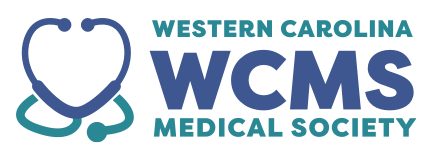‘Very, very pressing matter’ NC bill seeks to ‘de-weaponize’ medical debt
Click here to watch WLOS’s coverage.
WLOS — A North Carolina bill seeks to “de-weaponize” medical debt. According to the Urban Institute, more than a third of the state’s population was in collections for medical debt at the end of 2020.
House Bill 1039, also called the Medical Debt De-Weaponization Act, seeks to “set transparent parameters around the provision of financial assistance for impoverished families and limit the ability of large medical facilities to charge unreasonable interest rates and employ unfair tactics in debt collection.”
The bill has a variety of provisions, including capping maximum interest rates for medical debt and requiring hospitals to provide free care to patients whose household income is at or below 200% of the federal poverty level.
Additionally, the measure would require hospitals and other health-care providers to adopt medical debt mitigation policies and screen patients before demanding payment to help them find assistance. The legislation also requires disclosure of health care charges and Medicare reimbursement rates.
“It’s a pro-consumer, pro-family, anti-poverty piece of legislation,” said State Treasurer Dale Folwell.
He calls this a moral issue.
“Because of medical debt, we are now in a situation where people cannot see themselves out of their poverty,” Folwell said.
He said he’s even entered himself into a debt collection system so he can experience firsthand how far agencies will go to collect their money.
“I got a call from a medical debt collector less than one hour ago,” Folwell told News 13 Tuesday afternoon. “The reason is, I’ve purposely put myself in there.”
A 2022 report from his office found that hospitals sent nearly $150 billion in bills to patients who should have qualified for free or discounted care under hospital policies.
Mariela Solano-Segreda, the director of Health Access and Equity Programs at the Western Carolina Medical Society (WCMS), said she knows these issues all too well. She helps other people navigate the complex healthcare landscape and their mounting medical bills through WCMS’ Project Access, a physician volunteer initiative providing access to comprehensive medical care for low-income, uninsured Buncombe and Madison County residents.
“I can tell you that I’ve had several experiences with many people in the area, friends, family, myself included, patients that have experienced close to medical bankruptcy from having one incident in regards to their healthcare,” she said. “So I believe that this is a very, very pressing matter within our area and something that definitely needs to be addressed.”
Solano-Segreda said she knows patients personally who have qualified for charity care, but still incorrectly received bills.
“They don’t get categorized as such, so they receive a bill for thousands of dollars,” she said.
Solano-Segreda said those patients often are panicked, wondering how they’re going to come up with the money to pay the bills they weren’t expecting. She said debt collectors can get pushy, too, which makes the situation even more stressful.
“The phone calls you get are very threatening and sometimes you’re not even made aware of the bill until it does go into collections,” she said.
Not only does she help other people in these situations, but Solano-Segreda is also in medical debt herself. She had a procedure done a year and a half ago and dealt with complications afterward. She said she wasn’t even made aware of the procedure’s price tag beforehand.
“I still have a $13,000 bill that I will be responsible for, for a long time,” she said.
She was insured and knows the healthcare system well. So, imagine how people who aren’t must feel when they are faced with bills they weren’t anticipating and are unable to pay, she said.
“That’s what I’m here for, to help the many, many people who cannot make it past maybe a $40 copay,” Solano-Segreda said.
She declined to comment on House Bill 1039, but did say she’d like to see Medicaid expanded and healthcare access extended to everyone. She’d also like to see more transparency in the healthcare system, in terms of how they share information with patients about their services and their bills. She added, she’d like to see fairer debt collection practices, too.
Cynthia Charles, the vice president of communications and public relations at the North Carolina Healthcare Association, said the NCHA has not taken a position on the bill, but she provided the following statement:
There are federal regulations that protect patients from aggressive debt collection. The state also passed legislation in 2013 that included boundaries or guardrails to protect consumers/patients.
Additional guidance does not seem necessary to us. Our general feeling is that this misguided bill focuses on addressing issues that have been created by years of payment policy that provides hospitals funding at a level below the cost of providing the care itself. For example, Medicaid reimbursement is only about 50 percent of the cost of providing the actual care. The solution is not to create more bureaucracy and turn hospitals into social service organizations; the solution is to ensure that more people have insurance coverage and that hospitals are being paid adequately to meet the expectations of the people and communities they serve.
Charles also mentioned the charity care policies currently in place at hospitals, adding that the bill would require hospitals to do more than they already are, creating a “large administrative burden” on them. She said they have significant concerns that this bill would cause hospitals to absorb millions in uncompensated care, which could, in turn, increase the cost of care for others.
House Bill 1039 is currently in the House Banking Committee. There isn’t a lot of time left for it to pass both chambers before the state’s short legislative session is expected to wrap up.

